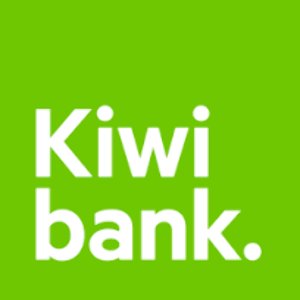Profits down for Kiwibank
Funding pressures and infrastructure spending are to blame for a 13% decline in Kiwibank’s net after-tax profit in the last half of 2016.
Monday, February 20th 2017, 5:42AM
by Miriam Bell

The bank has reported it made net profit of $63 million for the six months to the end of December 2016.
This result is down from a $71 million net profit over the same period in 2015.
The bank’s parent company, Kiwi Group Holdings (KGH) which includes Kiwibank, Kiwi Wealth, Kiwi Insurance and New Zealand Home Loans, also saw a decline in net profit in the same period.
It dropped to $65 million from $73 million over the same six month period in 2015.
Kiwibank chief executive Paul Brock said the KGB result was in line with expectations.
But financial results were impacted by funding pressures, continued investment in the bank’s infrastructure and, to a lesser extent, the Kaikoura earthquake.
However, both deposit and lending growth were continuing to improve, although lending activity was growing at lower margins than in previous periods, he said.
Total lending increased by 4.4% to $17.43 billion, while customer deposits increased by 3.9% to $15.36 billion.
Brock said most banks have a renewed focus on increasing customer deposits.
“Domestic deposits continue to provide essential funding for more than 80% of Kiwibank’s lending, which insulates it to a degree from volatile international markets.”
Kiwibank’s continued growth in small to medium business banking was particularly encouraging as it was a major target area for the bank, he said.
“New Zealand is built on small businesses and there is a natural alignment between those businesses and a New Zealand-owned company like Kiwibank.”
During the reporting period, the bank also went through one of the most significant events since its launch in 2002.
That was the diversification in ownership of the bank’s parent company, KGH.
Originally wholly owned by New Zealand Post, KGH now has three Government entity shareholders. They are New Zealand Post (53%), New Zealand Super Fund (25%) and ACC (22%).
| « Volatility leads to tighter lending environment | Decline in investor lending continues » |
Special Offers
Comments from our readers
No comments yet
Sign In to add your comment
| Printable version | Email to a friend |



